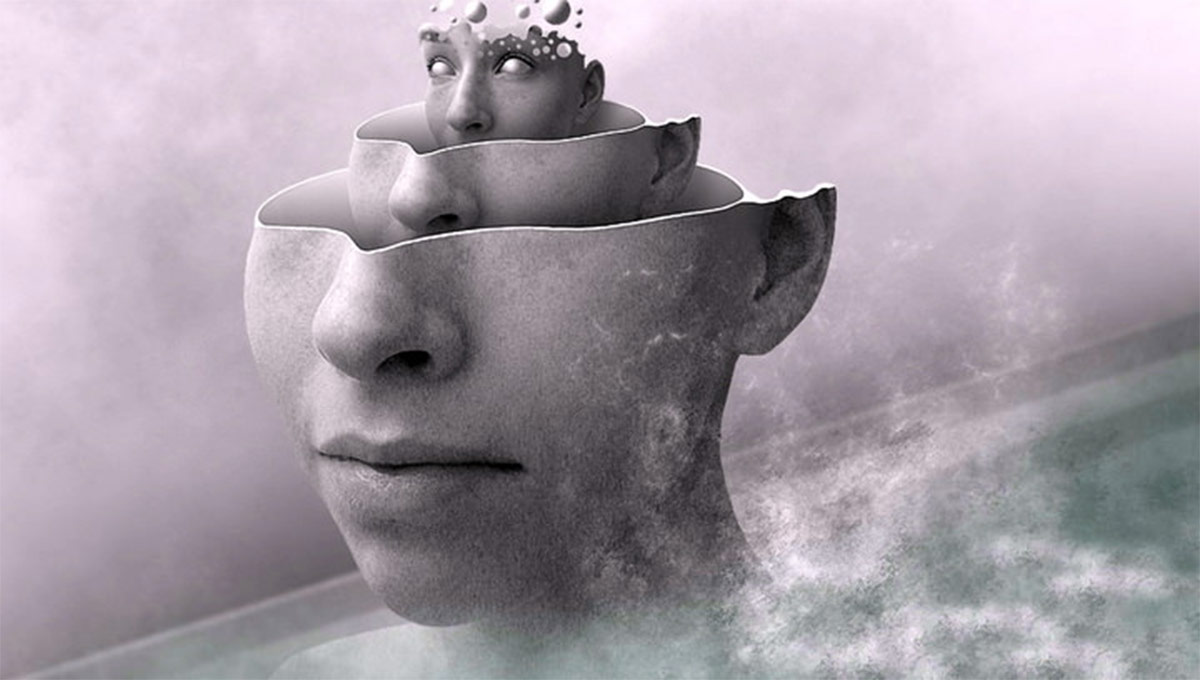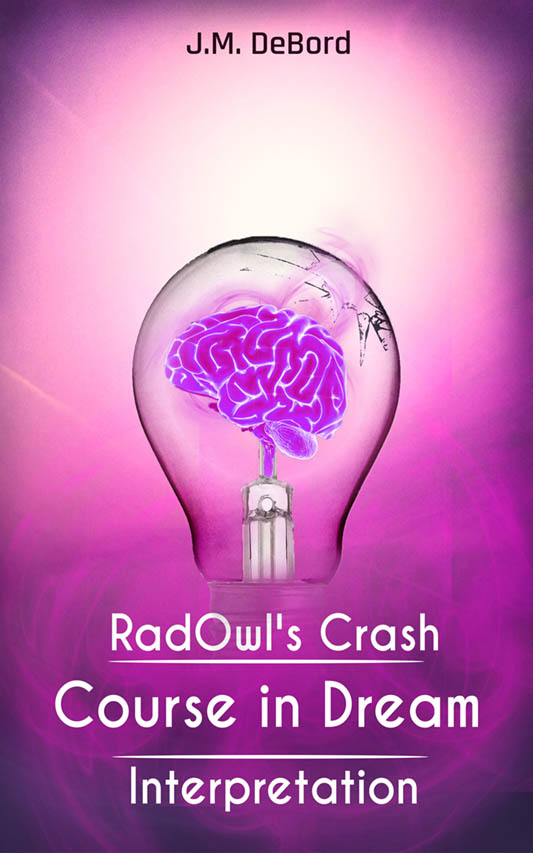Let’s start with my first criteria for judging whether a dream is meaningful: meaningful dreams tell engaging stories. Dreams are make-believe, and they’re so believable that you forget you are dreaming! The experience is definitely meaningful when you immerse your mind’s eye in the dream as a participant or interested observer.
But we might need to back up a step before continuing. Discerning whether a dream is meaningful implies that some so-called “dreams” aren’t meaningful in the conventional sense. They are like the orchestra warming up before the performance. It’s noise, basically. It lacks narrative and story structure and doesn’t pull you into a world of make-believe. You can probably remember times when you were falling asleep and began to see imagery behind your eyes. It’s just imagery, flashes of memory or basic shapes and scenery.
I call it “dreaming,” whereas a believable and engaging experience driven by a narrative is “a dream.” A dream is a performance, and the orchestra is your psyche, a collection of diverse parts that come together to make dream music. Music is coordinated. It’s structured. It moves you personally and emotionally.
Now we can clear up a terribly misleading fallacy that all dreams are meaningless. Decades ago some smart folks with impressive college degrees made the observation that the brain stem spits out what appears to be random signals while the body is asleep. They jumped all over it and yelled, “See, this proves that all dreams are meaningless (and all you so-called dream analysts are quacks)!” The scientific establishment of the time was REALLY uncomfortable with dream interpretation and set out to disprove it as a science. They squeezed through a bad theory called activation-synthesis and used it as a bludgeon. And to this day the damage lingers in the mind of the public, ranging from a shadow of doubt to outright disbelief that dreams are meaningful, despite a century of accumulated clinical evidence.
Yes, the brain stem produces noisy signals early in the sleep process, but as it progresses the noise coordinates. Eventually it becomes music. Dreaming becomes dreams with narratives and story structure. So we can say that some dreams lack meaning in the conventional sense, and some are meaningful.
My second criteria for judging whether a dream is meaningful is based on how memorable it is. You dream for a quarter of the time you are asleep, two hours out of every eight, in REM stage known for producing vivid dreams. For another quarter of the time you dream in non-REM (NREM) stages of sleep. Those dreams lack the punch of vivid REM dreams but still have narratives. So you dream for half the sleep night. What do you remember out of all that content? You remember what impacts you. The most impactful and memorable dreams are also the most meaningful.
You could say then that there’s a scale of meaningfulness. NREM dreams are at the low end. They have narratives so they pass the criteria for being meaningful, but you are unlikely to remember NREM dreams. On the high end of the scale are REM-stage dreams that you remember easily.
My third criteria for judging whether a dream is meaningful is a simple “feel test.” When a dream wants me to know something, I feel and sense it. All my dreams are fascinating to me, but I can feel whether there’s an important message. Some dreams that meet the criteria for being meaningful are based on memory processing and processes such as digestion occurring while asleep. They make up the plurality of dream life and usually lack a deep message.
But some dreams have deep messages and I feel their importance. My attention locks on, and the memories of them tend to linger with me throughout the day and beyond. This type of dreams tends to have a story structure with a beginning, middle, and end. The dream lays out the background information in the opening scene, like in a movie or book where the narrator tells you what you need to know to pick up the story. Then the middle of the dream describes the present situation or circumstances, and the end of the dream lays out solutions, answers, or predictions for where things are headed.
All dreams are valuable. They all can teach you something about yourself and how your mind works, but not all of them are meaningful. Meaningful dreams tell engaging, memorable stories that makes a lasting impression on you.
The most meaningful dreams are great to focus on and interpret. To learn how to interpret dreams or advance your knowledge, see my Crash Course. Available at Amazon (cover image links to sales page).


Thank you for your study of this science that is ignored by so many.. I just heard you live on YouTube with Jim Harold and was fascinated by many of your comments.
The smartest thing I started doing about twelve years ago was recording my most vivid dreams upon awakening. I realized at that time that they were trying to warn me of impending problems or difficulties, as I was going through a divorce at the time. Sometimes they provided solutions that otherwise I would not have come up with. What I fail to do most often is re-read my recorded dreams on a regular basis. When I do go back and really study them they have provided amazing answers! I even got a great stock tip once that ended up being very profitable! My father (who has passed) had a hand in that one, I believe.
Again, thanks for your work in this area and I look forward to obtaining some of your books.